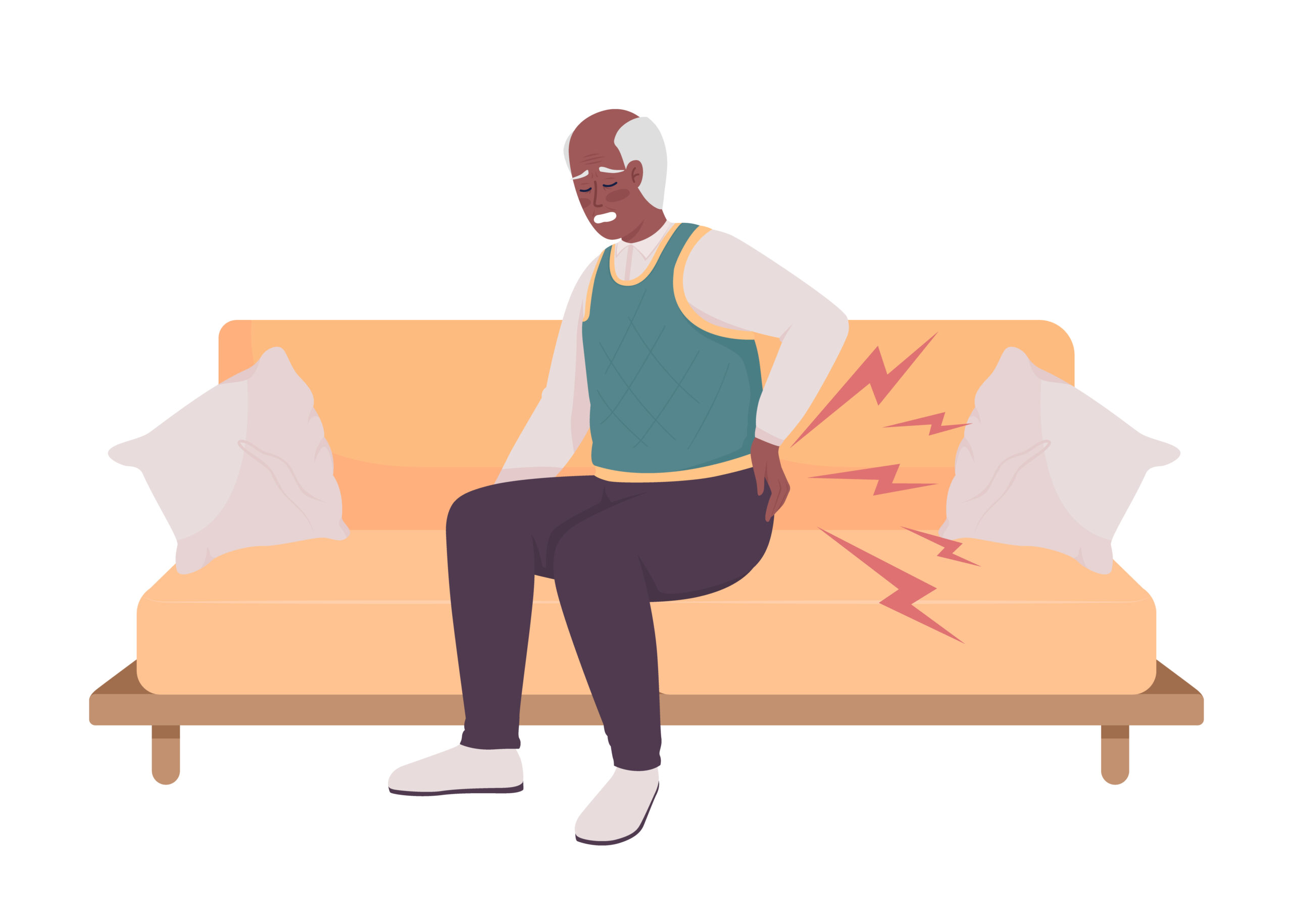Chronic Pain Research Study
Researchers at Pennsylvania State University are studying the impact of structural racism and discrimination on chronic pain-related outcomes.

Fast Facts

Ages 45+ and Identify as African American or Black (Non-Hispanic)

Experiencing Chronic Lower Back or Knee Pain

Compensation Provided

Conducted in Hershey, PA
Study Background
Researchers at Pennsylvania State University are examining how experiences of discrimination may affect chronic pain.
Through this research, we aim to identify specific variables through which structural racism and experiences of discrimination influence chronic pain-related outcomes. We also hope to identify resilience factors, or variables which can help protect chronic pain patients against the adverse effects of structural racism and discrimination.
Our study will examine African American and Black adults ages 45 and older who experience chronic lower back or knee pain. Participants will attend two in-person visits at our research clinic, during which they will have their blood drawn, undergo an MRI, and complete questionnaires, pain and sensation testing, and functional mobility tests.
Join our study to help uncover how discrimination impacts chronic pain and discover ways to build resilience — your experience matters.

Study Background
Researchers at Pennsylvania State University are examining how experiences of discrimination may affect chronic pain.

Through this research, we aim to identify specific variables through which structural racism and experiences of discrimination influence chronic pain-related outcomes. We also hope to identify resilience factors, or variables which can help protect chronic pain patients against the adverse effects of structural racism and discrimination.
Our study will examine African American and Black adults ages 45 and older who experience chronic lower back or knee pain. Participants will attend two in-person visits at our research clinic, during which they will have their blood drawn, undergo an MRI, and complete questionnaires, pain and sensation testing, and functional mobility tests.
Join our study to help uncover how discrimination impacts chronic pain and discover ways to build resilience — your experience matters.

Additional Information
Through this research, we aim to understand how structural racism and discrimination can impact African American and Black patients’ chronic pain-related outcomes. We also hope to identify resilience factors that can help protect patients against any adverse effects.
You may qualify for this study if you meet the following criteria.
Inclusion Criteria:
- Ages 45+
- Identify as African American or Black (Non-Hispanic)
- Experiencing chronic lower back or knee pain
- No serious health conditions
- Able to come for two clinic visits
- No daily use of opioids
- No uncontrolled hypertension (high blood pressure) or unstable or activity limiting cardiovascular or peripheral arterial disease
- No neurological disease (e.g. Parkinson’s, multiple sclerosis, epilepsy)
- No serious psychiatric disorder requiring hospitalization within the past 12 months or characterized by active suicidal ideation
- No current substance use disorder or history of hospitalization for treatment of substance use disorder
- If female- not pregnant or breastfeeding
- Able to undergo MRI scan (no metal in the body, no claustrophobia)
Participants will attend two in-person visits at our research clinic. Both visits will last up to 3 hours and may involve:
- Collecting a medical history, including a urine pregnancy test in women of childbearing potential
- Taking vital signs
- Performing some tests of strength and function
- Completing questionnaires about health, thoughts about pain, and how participants think and feel
- Completing an MRI (a series of brain imaging tests)
- Collecting a blood sample
- Performing sensory tests to see how participants feel painful and non-painful sensations
- Taking photos or videos during study activities
Participants will also be asked to complete at-home questionnaires between the visits. Additionally, we may ask participants to wear a wristwatch that measures sleep, activity, and vital signs as well as asks about pain and other experiences.
Participants can receive up to $200 for their time and effort; this includes $100 for completing the first visit, $75 for completing the second visit, and $25 for transportation.
There is no cost for you to participate in our research study.
